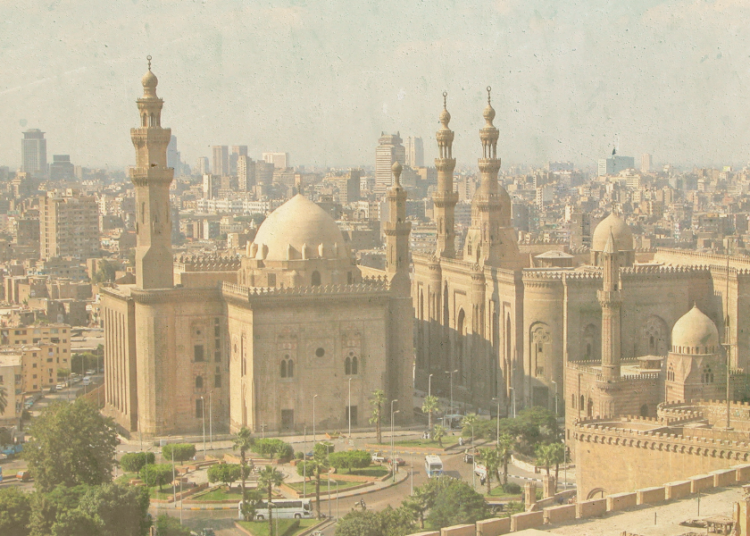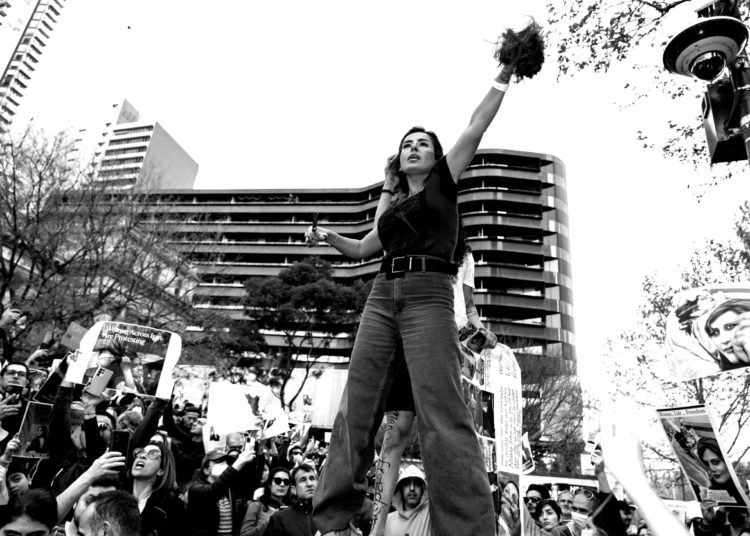This post is also available in: Français (French)
By Övgü Pınar- Turkish journalist
What struck Turkey on February 6, 2023, bringing down thousands of buildings and costing the lives of tens of thousands of people was not only a large-scale natural disaster but also a political one. The government’s propaganda machine was quick to coin title-worthy nomenclatures such as ‘disaster of the century’ for the earthquakes in an attempt to convey the sub-message that this was a natural disaster so extraordinarily enormous that the dire consequences were inevitable. What actually happened was what happens when an enormous — but not unexpected — natural hazard meets a national-populist and opaque regime centered on one omnipotent person: a leader maximo.
While the sheer magnitude of the tremors, Mw 7.7 and 7.6, may not have been avoided, the same cannot be said of the destruction of thousands of buildings, and the deaths of tens of thousands of people. What became clear in the chaos that followed the initial shocks was the bewildering unpreparedness and little to no coordination of state actors.
Scientists, seismologists had been warning the Turkish authorities incessantly about the poor standard of the constructions in high-risk zones, including the East Anatolian fault zone where the February 6 earthquakes occurred. In Turkey, schoolchildren are taught that ‘we live in a country surrounded by seas on three sides’. After the 7.4 magnitude earthquake in 1999 it has become common knowledge that we also live in a country underlied by fault lines on three sides.
The 1999 İzmit earthquake that killed more than 17 thousand people was regarded as a turning point in urban development. Following that disaster, new building standards were adopted, but it appears that these regulations were poorly enforced, to use a euphemism. And no one really knows how the billions raised under the ‘earthquake tax’ scheme introduced after 1999 have been spent. When asked about the whereabouts of the earthquake tax revenues in 2020, President Recep Tayyip Erdoğan’s sole explanation was, ‘’We spent them where they were needed to be spent.’’
Erdoğan: Destiny’s plan
Last year, on the 23rd anniversary of the 17 August 1999 earthquake, Erdoğan said “As humans, it is not in our hands to prevent disasters; yet, it is in our hands to take measures against their destructive impacts.’’ He seems to have changed his mind though in the last 1.5 years, as two days after the February 6 earthquake, he was overheard saying to a survivor ‘’What happened happened. These are all things included in the destiny’s plan.’’
Meanwhile, social media platforms and TV channels outside the government’s propaganda chain were inundated with desperate pleas for help by people still under the rubbles or their loved ones. Many villages, towns have not seen the arrival of search and rescue teams for days. Hatay, a city of more than 1.5 million, proved hard to reach as the airport runway and the roads were heavily damaged. The airport, inaugurated in 2007, was built despite numerous objections from experts against constructing it right over the fault zones.
Aside from the magnitude of the tremors, vastness of the affected area and harsh winter conditions, what many survivors, volunteers and experts keep repeating after the earthquakes, point to a couple of key factors as the cause of the immense destruction and high death-toll: Unpreparedness before the earthquake and lack of coordination after it. And what lies at the root of both can be summed up in the annihilation of the chain of merit and the extreme centralization of power.
The void left by that central power in the first and most crucial days after the earthquakes was partially filled by solidarity campaigns. Citizens who have lost trust in public institutions chose to donate to NGOs, with Ahbap, an association founded by a former rock star, receiving a flood of donations.
But there were reports of some offers of help being rejected by the government. The president of the Turkish Medical Association (TTB) Prof. Şebnem Korur Fincancı, recently convicted of ‘’spreading terrorist propaganda” after being accused by Erdoğan of being ‘’involved in terrorism’’, denounced being left out:
‘’We are faced with the repercussions of a one-man regime on all public institutions. When we arrived on the field in the ‘99 earthquake, we were welcome. Today the situation is different. We’ve had difficulties in communicating in this disaster. They don't cooperate.’’
10 out of Turkey’s 81 provinces, with a population of more than 13 million were hit by the tremors. With thousands of buildings collapsed and many more damaged, a widespread and rapid coordination of search-rescue operations was needed, along with help for the survivors left out in the cold. Many, including AKUT Search and Rescue Association criticized the government for not including the armed forces immediately in the operations.
Turkish Union of Chambers of Engineers and Architects (TMMOB) in a 'Preliminary Evaluation Report' on the first two days of the February 6 earthquakes said the state institutions were ‘not successful’ in their response to the earthquake. TMMOB building in Kahramanmaraş, the epicentre of the quakes, turned into a symbol of the disaster: while many buildings around it were crumbled not a single scratch was visible on the TMMOB building.
The union was deprived of its supervision authority by the government right after the Gezi Parkı anti-government protests in 2013, and some of its members were jailed. TMMOB member Tayfun Kahraman, currently in jail for the Gezi Parkı protests, in a message published on Twitter said the construction amnesties, along with irrational and populist policies were to blame for the destruction.
The opposition Workers’ Party of Turkey (TİP) declared ‘’Where are Mücella Yapıcı, Tayfun Kahraman and Can Atalay, the TMMOB managers and lawyers? Prisoners in Gezi Trial. They were arrested precisely for opposing these urban crimes.’’
Kemal Kılıçdaroğlu, leader of the largest opposition party CHP, said “I saw the state of our people. This collapse is the exact result of a systematic rent-seeking policy. I refuse to meet Erdoğan, his court or his gang of profiteers.”
Rage was visible on the traumatized faces of survivors as they yelled to tv cameras ‘’Where is the state?’’, ‘’Why are we abandoned?’’
Fear and hatred seem easy to manipulate after such a calamity, even easier when the targets are the most marginalized groups, like the refugees
Corruption kills
Still uncertain but certainly too high number of the casualties are largely blamed more on a corrupt system than the earthquake itself. ‘’Corruption kills’’ has turned up to be a recurrent catchphrase in social media comments. And according to an article published on Nature magazine in 2011, these comments do have a point: ‘’83% of all deaths from building collapse in earthquakes over the past 30 years occurred in countries that are anomalously corrupt.’’
The 1999 earthquake and its aftermath, along with economic mismanagement helped Erdoğan’s rise in power in the 2002 elections. The incumbent parties suffered a fatal blow and Erdoğan’s AKP won in a landslide.
Turkey’s next elections are expected to be held on May 14. Even before the recent earthquakes these were seen as the toughest elections in Erdoğan’s 20-year rule as the economy has sustained a freefall. Whether the elections will go ahead as planned after the earthquakes and whether they will cause an erosion of support for the incumbent is to be seen.
National-populists have mastered many forms of garnering support, among which oppressing opponents even harder and using fear as a tool. Erdoğan, in his first speeches after the earthquakes threatened critics in a not so thinly veiled tone.
And fear and hatred seem easy to manipulate after such a calamity, even easier when the targets are the most marginalized groups, like the refugees. There are reports of presumed Syrian refugees being mistreated after accusations of looting, albeit without evidence, and calls on social media to send the millions of Syrian refugees currently living in Turkey back to their country, even as the quakes have caused further damage in that country already ravaged by years of war.
It might be hard to predict the political implications of the earthquakes’ outcome at this moment, but it is perhaps harder to fathom how a leader insisting on being the sole authority can remain unscathed from the responsibility that comes with being the ‘leader maximo’.































